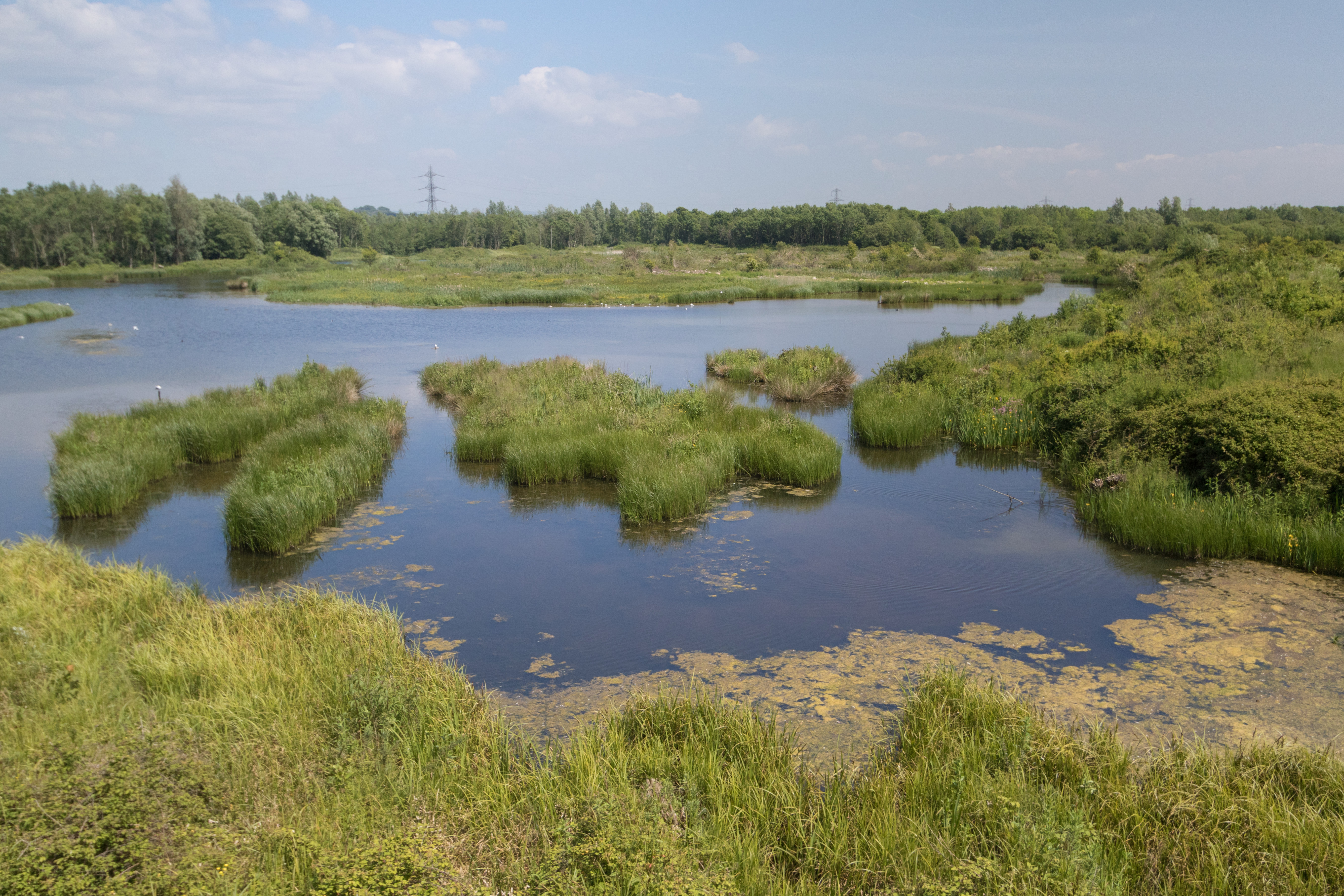Changes to planning process could accelerate nature's decline, warns environmental coalition

Ahead of the Government’s proposed changes to planning processes, to be published tomorrow 6 August, environment groups including WWT are warning that radical reform of the planning system could mean sweeping losses of nature, unless critical environmental rules are maintained and strengthened.
While the coalition Wildlife and Countryside Link acknowledges that the system can be improved, it warns that oversimplifying planning rules would put wildlife, heritage, and green open spaces in danger.
This is particularly worrying at a time when 81% of the public feel the Coronavirus outbreak has demonstrated the importance of protecting and restoring nature. Strategic planning can offer some benefits for environment and development, but must be done in combination with much improved site-specific environmental knowledge - it cannot replace the current rules as nature doesn’t fit neatly into zones. For example some brownfield sites that could be earmarked as a priority for development are among our most important wildlife havens. The charities are warning that the environmental protections in the current planning system are vital for our struggling natural world and for people’s health and wellbeing. Public voices and community participation are also essential to our planning system and must be central to any planning reforms.
The planning system is not the main cause of development delays or affordable housing shortfalls - 90% of applications are approved by local planning authorities. Reasons for delay instead include poorly designed proposals from developers, decisions by developers to limit build rates to maximise profit margins, unclear government guidance or its inconsistent application by agencies and authorities, and an acute lack of planning capacity in local authorities.
The Government has committed to leaving the environment in a better state than it found it and to be a world leader on nature’s recovery, yet these changes could speed up nature’s decline. Therefore nature and access groups are urging the Government to ensure the planning system has:
- Additional investment in ecological survey and data, mapping out important habitats and species
- More ecologists and environmental planners in Local Authorities
- Clearer rules to prevent low-quality applications by developers
- Stronger protection for nationally endangered species and their habitats.
- Better use of digital information, satellite mapping and ecological surveys
Stronger planning provisions in the Environment Bill, with biodiversity gain for all developments and Local Nature Recovery Strategies capable of influencing planning and spending decisions.
Environmental groups are convinced that a strong and green economic recovery would be facilitated by strengthening, not weakening the planning system.
Dr James Robinson, Director of Conservation at Wildfowl & Wetlands Trust (WWT), said: ‘Current planning policy is presumption in favour of sustainable development. We must keep it that way. Planning tools such as Habitats Regulations and Environmental Impact Assessment have served us well. They make sure we get good decisions for the public and wildlife.’Richard Benwell, CEO of Wildlife and Countryside Link, said: ‘We need a more modern and strategic approach to planning, based on better environmental information and a digital approach, but these changes must complement existing environmental planning protection, not replace it.
'The scale of reform proposed by the Government could allow unrestrained development across great swathes of our landscape, unless it is properly balanced by site-specific, democratic and transparent protection for nature across the country. We could support changes that improve environmental decision-making, but would fiercely oppose an approach that extends permitted development across large areas without proper protection for our environment.’
Tom Fyans, deputy chief executive of CPRE, the countryside charity, said: ‘The key acid test for the planning reforms is community involvement and on first reading, it’s still not clear how this will work under a zoning system. Although we welcome the government’s commitment to all areas having a local plan in place, we also need robust legal guarantees that the public are consulted regarding new development. Red lines on a map are not going to build trust in the planning system. As things stand, the government seems to have conflated digitalising planning with democratic planning – they’re not the same thing.’
Kate Gordon, senior planner at Friends of the Earth, said: ‘These planning reforms are bad news for our communities, climate, and local democracy. A robust planning system is essential to deal with the housing, nature and climate crises we face, so we can emerge from the pandemic in a green and fairer way. Weakening the system will only benefit developers because it will mean building where developers can maximise their profit, rather than what communities need. These proposals are a developers charter that bypasses the democratic wishes of communities and threatens a wave of poorly-built, badly-sited developments.’
Gemma Cantelo, head of policy and advocacy, the Ramblers, said: 'The Covid-19 pandemic has demonstrated just how vital access to nature is to our health and happiness - and how important our precious green spaces are to communities. Our planning system should drive the creation of greener and healthier places, not undermine them. The places we live should give people easy access to nature-rich green spaces from their doorsteps, put walking and active travel first, and enhance our beautiful landscapes for future generations. That means putting people and nature at the heart of the planning system.'
Nicola Hodgson, Case Officer at Open Spaces Society, said: ‘Government, local authorities and our communities must all work together to ensure that everyone has access to good quality green space close to home. This is a vital element of a green recovery after the pandemic, with people valuing the green on their doorsteps more than ever. It is essential that the government ensures that changes to boost building aren’t at the expense of the open green spaces and wildlife pockets that people value and visit in their neighbourhoods.
Emma Marsh, Director, RSPB England said: 'Nature is in free-fall and the planning system has a crucial role to play in reversing that. In a recent study, 81% of people in England agreed the Coronavirus (COVID-19) outbreak has shown the importance of protecting and restoring nature. It is therefore vital any reforms show how the planning system will protect nature and ensure its recovery.'
Matt Shardlow, CEO, Buglife said: 'At a time when insect populations are crashing and endangered species are increasingly being driven towards extinction by habitat destruction and fragmentation, we need to care for life on earth and make safe space for it to thrive, the deregulatory and free-for-all tone of these proposals seems to be pointing in the wrong direction.'
Abi Bunker, Director of Conservation and External Affairs at the Woodland Trust, said: ‘National planning policy changes did increase protection for our precious ancient woods, but planning policy is one thing, ensuring it is followed, enforced and put into practise is another. If the government is really serious about delivering a better informed, more transparent planning system that supports efforts to protect and expand woods for the benefit of people, communities and wildlife, it is critical that it invests in the right resources and skills, and robust evidence bases including an updated Ancient Woodland Inventory.’



